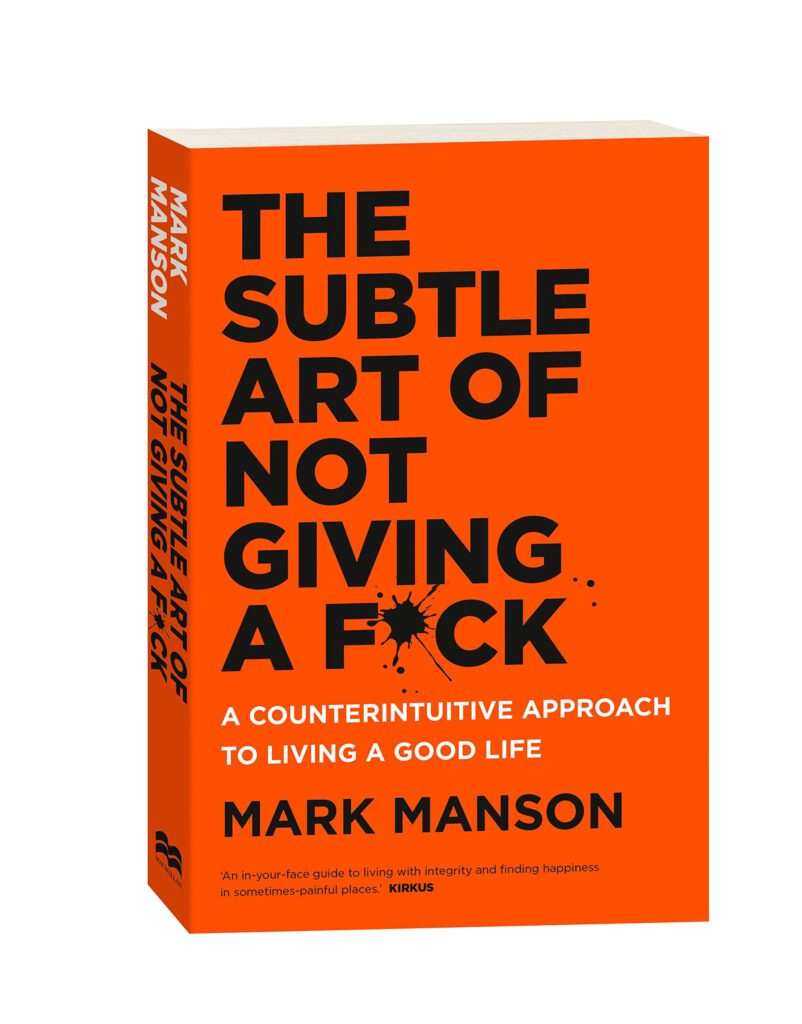Tag: Resilience
Wisdom for Teams #17
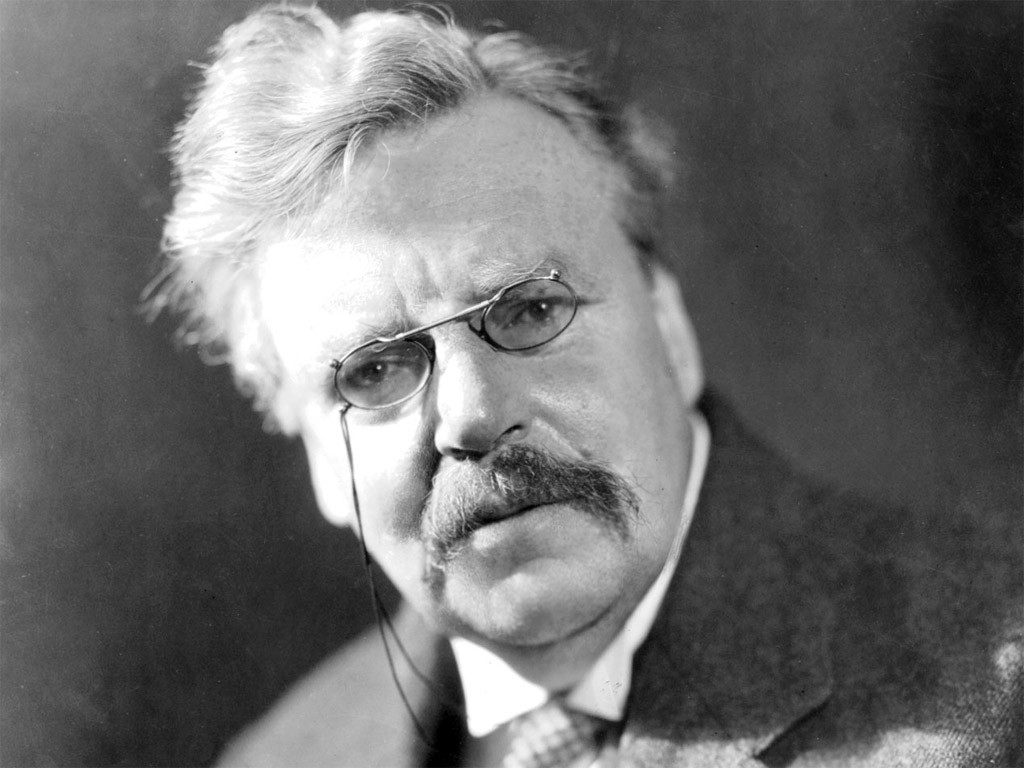

—
“When it comes to life the critical thing is whether you take things for granted or take them with gratitude.”
—
G. K. CHESTERTON (1874 – 1936), English writer, philosopher, theologian, and literary and art critic.
3 Hacks to Manage Mess in Life


—
On Friday I gave an online workshop for Amazon’s Recruiting Team for Europe, the Middle East and Africa. It was about self-care and self-investment, and my premise was that any life worth living will regularly get messy just like the kitchen gets messy when we use it.
The key then to wellbeing is not to try avoid the mess, but to care and invest in ourselves so as to be emotionally fit when the mess happens. I shared with them several shortcuts for emotional fitness. Here are three that require little effort but have a massive, massive, massive impact in our wellbeing.
- Sleep: Matthew Walker, sleep expert and author of the book “Why We Sleep”, recommends we give ourselves the opportunity of 7 to 9 hours of sleep every night. He says that the pillars of a healthy body are not diet, exercise and sleep, but just diet and exercise, because sleep is the foundation.
- Gratitude: It’s very difficult, if not impossible, to feel grateful and at the same time anger, fear or sadness. Gratitude energizes us to deal with life’s challenges. This is why I recommend starting the day by bringing to mind a few things we can be grateful for, and to connect with the emotions that this generates. This will set us up to deal with what comes our way during the day.
- Hanging out with TRUE friends: There is a growing body of evidence about the vital role of friendship in overcoming challenges. Introverts or extraverts, we are all social beings. Helen Keller said that she would rather walk with a friend in the dark, than alone in the light. The Beatles nailed it when they suggested we get by with a little help from our friends.
Life will always give us challenges that require we reinvent ourselves. Things will break down. People will let us down.
The key to a balanced life lies in being ready for these inevitable events, for any life worth living is a messy life.
You Can’t, Until You Have To
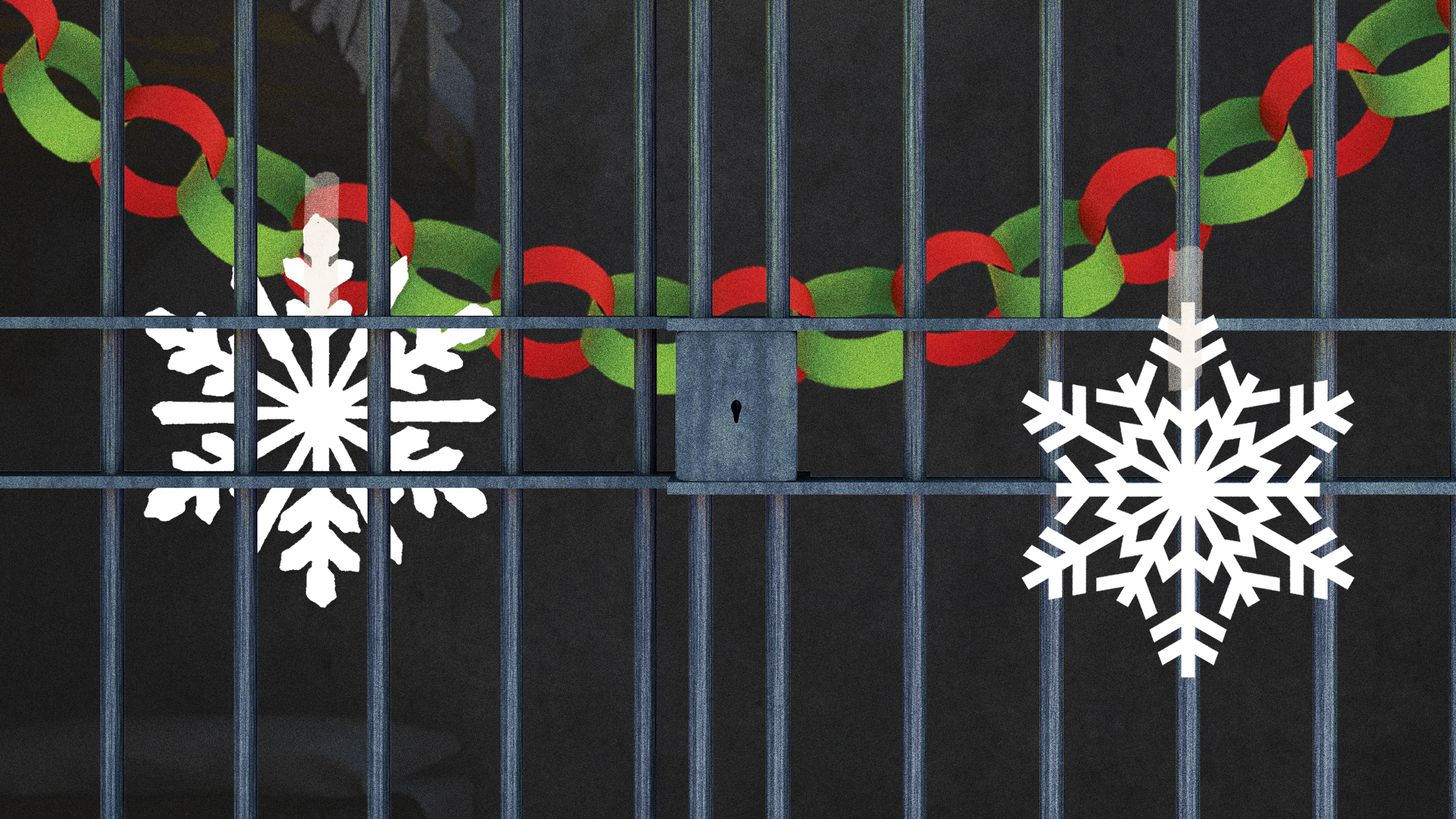
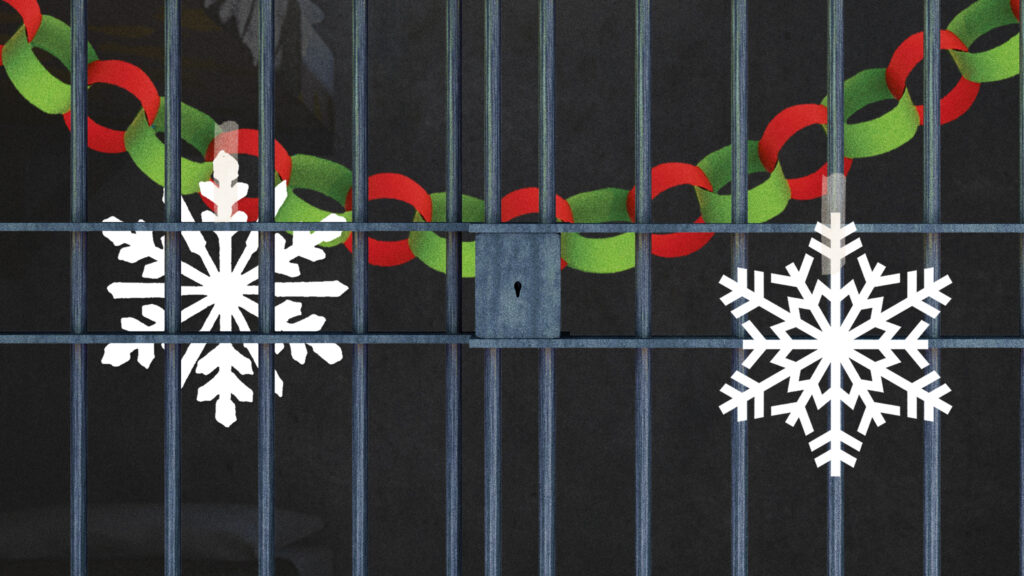
—
In my years as a volunteer in jails, I always hated talking to someone on their first day. What the hell do you say? To my point, in seven years volunteering, EVERY person I spoke to on their first day told me:
—
I can’t do this.
—
The irony was inevitable and piercing: Of course we can’t do this. We’re not made for imprisonment. But then again there was no other choice. The following week I’d come back. There we were again. Sad, sometimes angered, maybe bitter, but they no longer thought: I can’t do this. This a hard truth of life:
—
We can’t, until we have to.
—
Christmas is around the corner. Of course none of us were made for this year’s Christmas. But what’s our alternative? When we catch ourselves thinking: I can’t do this, let us remember: We will, if we have to.
Discover How Altruistic You’ve Been Lately


—
Every year for the past nine years, I coach the students of the Executive MBA Persuasive Communication Program from IESE Business School in Barcelona. Inevitably every year the question about how to deal with nerves comes up.
I begin by saying that whether we intend to or not, nerves are an act of egocentrism because the spotlight is placed on us as the speakers. The alternative is to shift the spotlight to our audience and our message.
If we focus on giving the gift of our message to our audience so that they walk away better off, we stop thinking about ourselves. No more nerves — our mind is engaged in something much more important.
We move through life in a similar way. We either put the focus on ourselves or shift the spotlight to making other people’s lives better. In the first case, we can end up obsessing over ourselves and our life, we can end up feeling dissatisfied with how far we are from where we planned to be.
In the second case, we are engaged in something that is greater than us, which gives us meaning and the necessary resilience to face the challenges that life throws at us.
On who do you shine the spotlight?
Here’s a exercise that might indicate where you’ve been putting the light. Access the photos on your smartphone. Who tends to be in the spotlight: you or others?
An Exercise to Prepare for Confinement
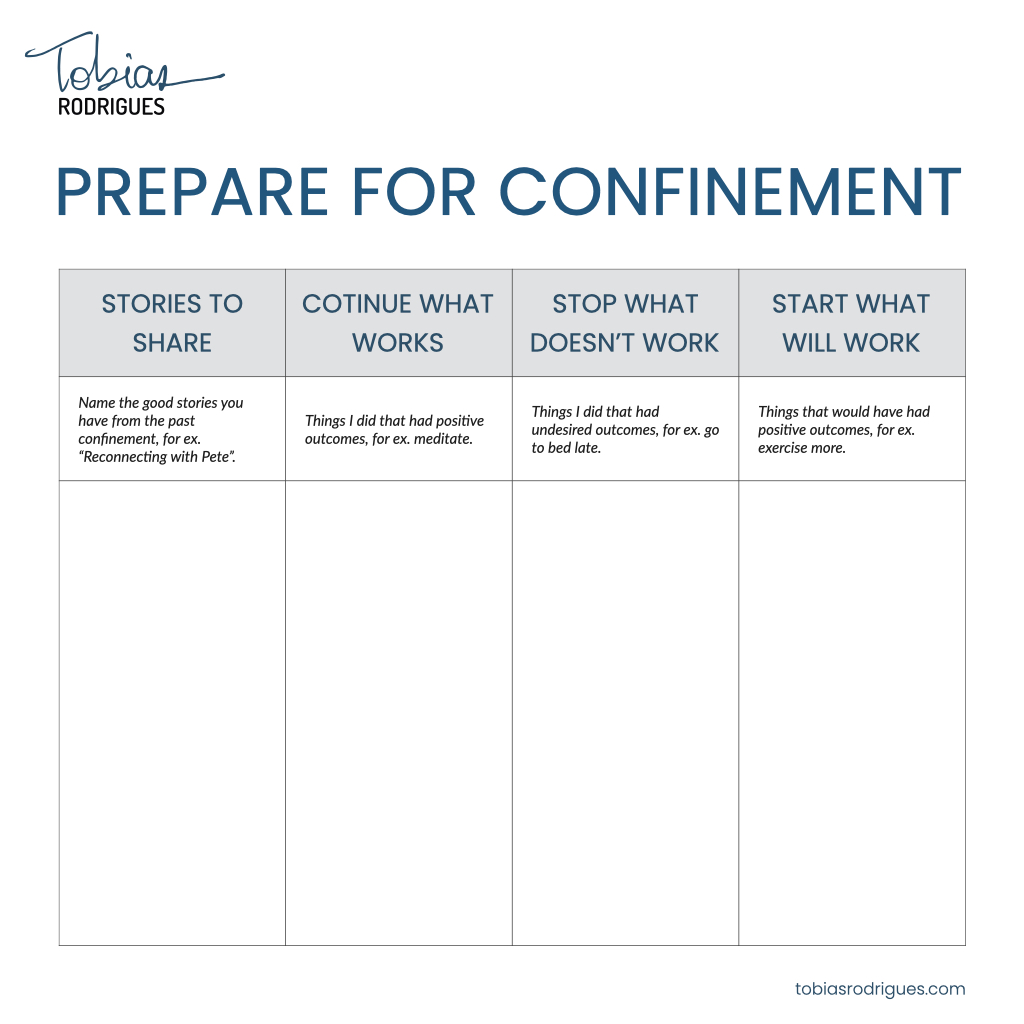
Winter is coming (for some of us) and with it the likelihood of another confinement (in one form or another). It would be dumb not to prepare. This is what I’m doing.
Three Steps
Step 1: Take some time alone to fill in the template below. Ask family and friends to do the same, especially those who will be spending more time with you.
Step 2: Come together in a celebrative spirit to share your findings.
Step 3: Decide what you will commit to. Focus on what requires low effort but has a high impact for you and those around you.
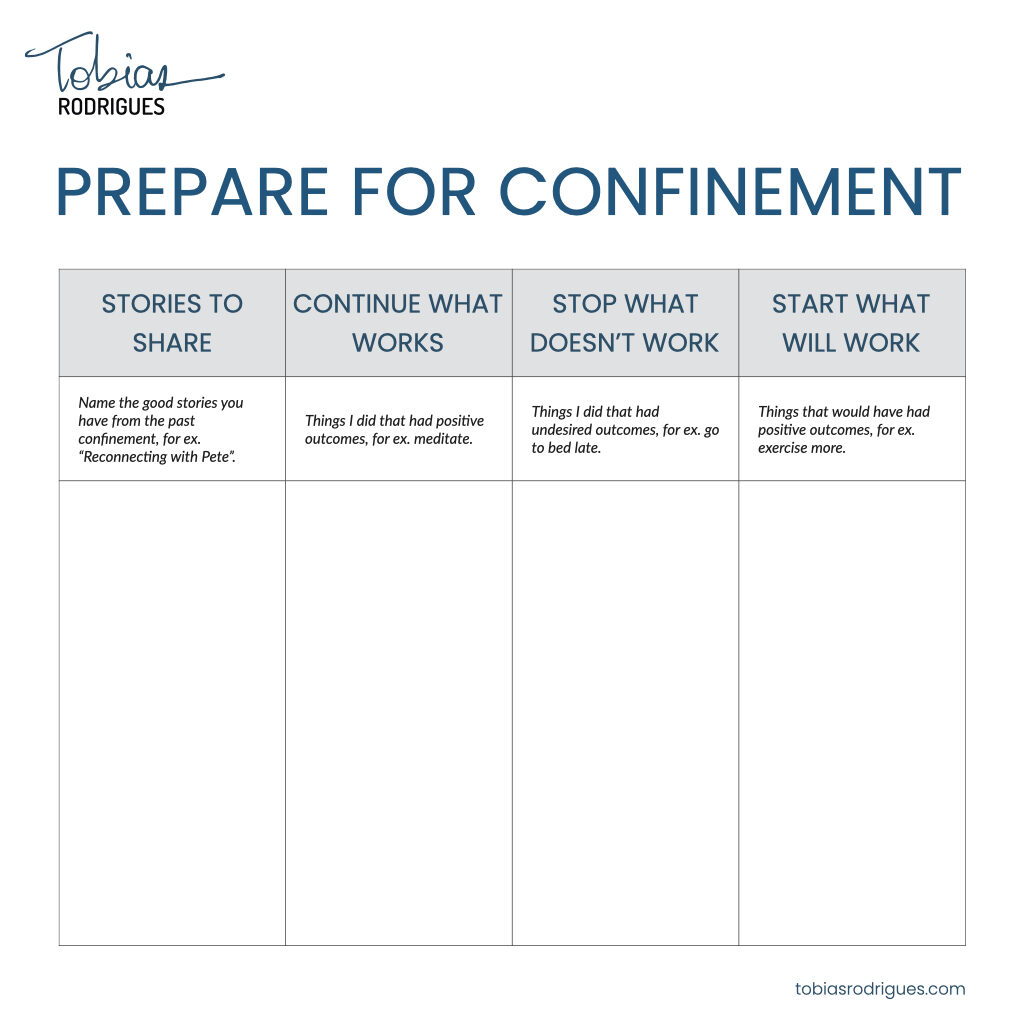
—
Would love to know what works best for you. Please share your results.
An Unpublished Song for 2020


—
Two weeks ago, Antonio Monteiro reached out to me in response to my blog post on to How to Use Our Problems to Feel Grateful. Antonio and I go back to the days when I was priest.
More recently we’ve been in touch since I gave a series of workshops at the Air Traffic Control Centre where he works an Aeronautical Information and Communications Technician.
Antonio shared with me a song he composed this summer. The lyrics were written by his brother, Fernando. I asked them to post it here because it has a powerful message for this tough year. Click below to have a listen. Thank you, Antonio and Fernando.
—
—
Stop watching the news, boy
Step into the light
So many beautiful things
Waiting to brighten up your eye
Discover those moments
You cherish the most
Smile every time you can
Even when it’s so hard, man
And live every moment
Like it’s your last
The future is in you
No control over the past
Stop watching the news, girl
You’re better that
Lookout for that sunshine
That always warms the truth
Laugh more with your friends
Embrace every hug
Be grateful for what you have
Even when it’s not so much
And live every moment
Like it’s your last
The future is in you
No control over the past
Stop watching the news, boy
Stop watching the news, girl
Get out there and love life
Everything will be alright
Stop watching the news, girl
Stop watching the news, boy
Get out there and love life
Everything will be alright
I Broke a Promise
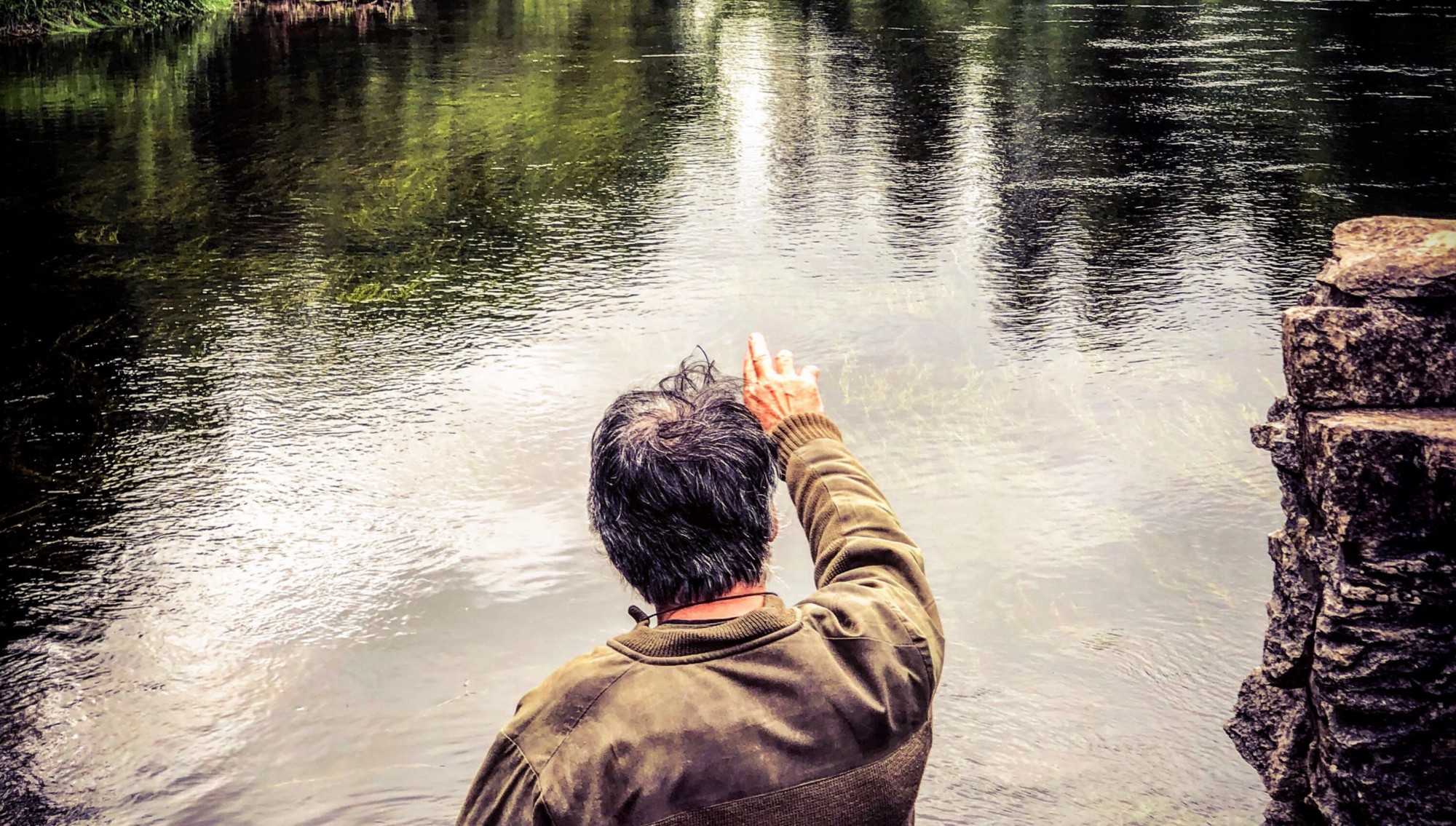

Photo Credit: Jonny Miller
I broke a promise when I decided I’d no longer serve as a priest.
I broke a promise when I decided I’d end the relationship.
I broke a promise when I decided I’d stop seeing that friend.
Breaking a promise didn’t feel good. But it happened, again and again.
This week I came across a poem by David Whyte about how to break a promise.
Apparently we humans break promises, again and again. Apparently we can learn to do it better.
Shall we accept that breaking promises is part of life, like making them is?
—
To Break a Promise
Make a place of prayer, no fuss now,
just lean into the white brilliance
and say what you needed to say
all along, nothing too much, words
as simple and as yours and as heard
as the bird song above your head
or the river running gently beside you.Let your words join one to another
the way stone nestles on stone,
the way water just leaves
and goes to the sea,
the way your promise
breathes and belongs
with every other promise
the world has ever made.Now, let them go on,
leave your words
to carry their own life
without you, let the promise
go with the river.Stand up now. Have faith. Walk away.
In “The Sea in You: Twenty Poems of Requited and Unrequited Love” by David Whyte
P.S. David, I hope you don’t mind me sharing your poem here. Thank you.
Podcast: How a Former Priest Creates Badass Teams
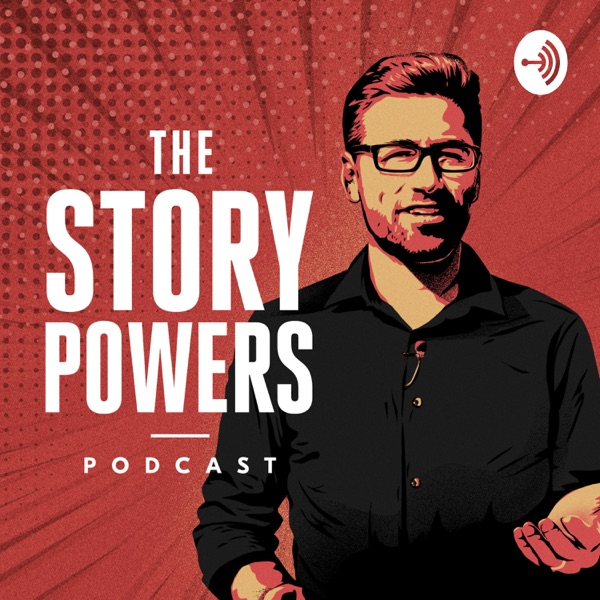
My good friend Francisco Mahfuz recently had me as a guest on his podcast “The Story Powers”. It was my first time, and I must say I had loads of fun. Fransisco is a great host.
Some of the topics we talk about are:
- How being a priest helps me build betters teams
- Mistakes leaders make in times of crisis
- My transition and journey from priesthood to corporate trainer
You can listen to the episode here as well as on Spotify and YouTube:
_________
_________
_________
Thanks buddy for inviting me and keep up the fantastic work!
The Question That Helped Me Face Uncertainty
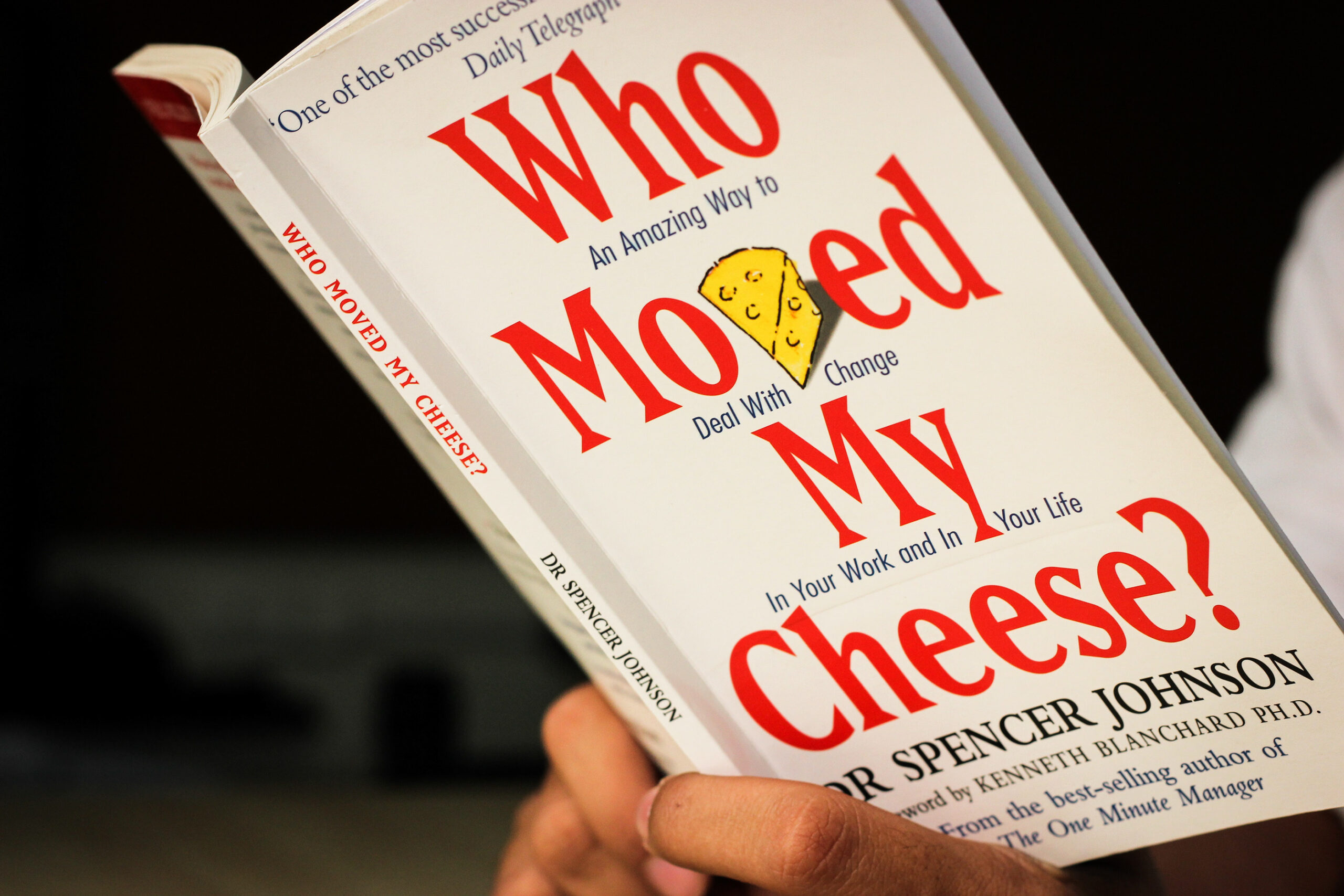

—
Most of my work is done face-to-face. Or at least it used to be. When the pandemic broke out I soon realised that a profound and irreversible change in the events and training industry was going to take place. The urge to freak out was big:
- How long will the confinement last?
- How long until face-to-face events will be allowed?
- How will I transfer my trainings online?
- What equipment do I need?
- How does this sh*t work???!!!
And then it happened. Early on in the lockdown, a friend of mine, Onu Igbokwe, referenced a book: Who Moved My Cheese, by Spencer Johnson. I had read the book years back but decided to listen to the audiobook. Life changing. It’s a must read. If you’ve already read it, and you’re facing uncertainty, then read again.
It’s a short book. A couple of hours is enough. But don’t be fooled by its length. The author says it took about 20 years to write it. Every word counts. What most changed my approach and behaviour was one simple question:
—
What would I do if I were not afraid?
—
The voice in your head might be saying: “But I am not afraid”. So here are other reactions to the uncertainty that comes with change:
- worry, concern, unease
- doubt, self-doubt, confusion, hesitation
- agitation, stress, anxiety, nervousness
- denial, refusal, complaining, intolerance, aversion
Fear has a funny way of disguising itself. If you’re feeling any of these, chances are there’s a degree of fear involved — the fear of failure. So here’s another way of putting the question:
—
What would you do if you could not fail?
—
After listening to the book things got better. I did a full-blown online training with Amazon, and was invited to impart shorter trainings and talks, as well as online coaching sessions. And next week I’ll be facilitating a two-day online “home-site” with King, the creators of Candy Crush.
Luck? Yes. Absolutely. So much luck. I also like to think Seneca is at least somewhat right when he says luck is what happens when preparation meets opportunity.
But even if the book or my behaviour had nothing to do with my work picking up, my experience nonetheless of these uncertain times has consequently been more tranquil. So thank you, Spencer, and thank you, Onu!
Wisdom for Teams #1
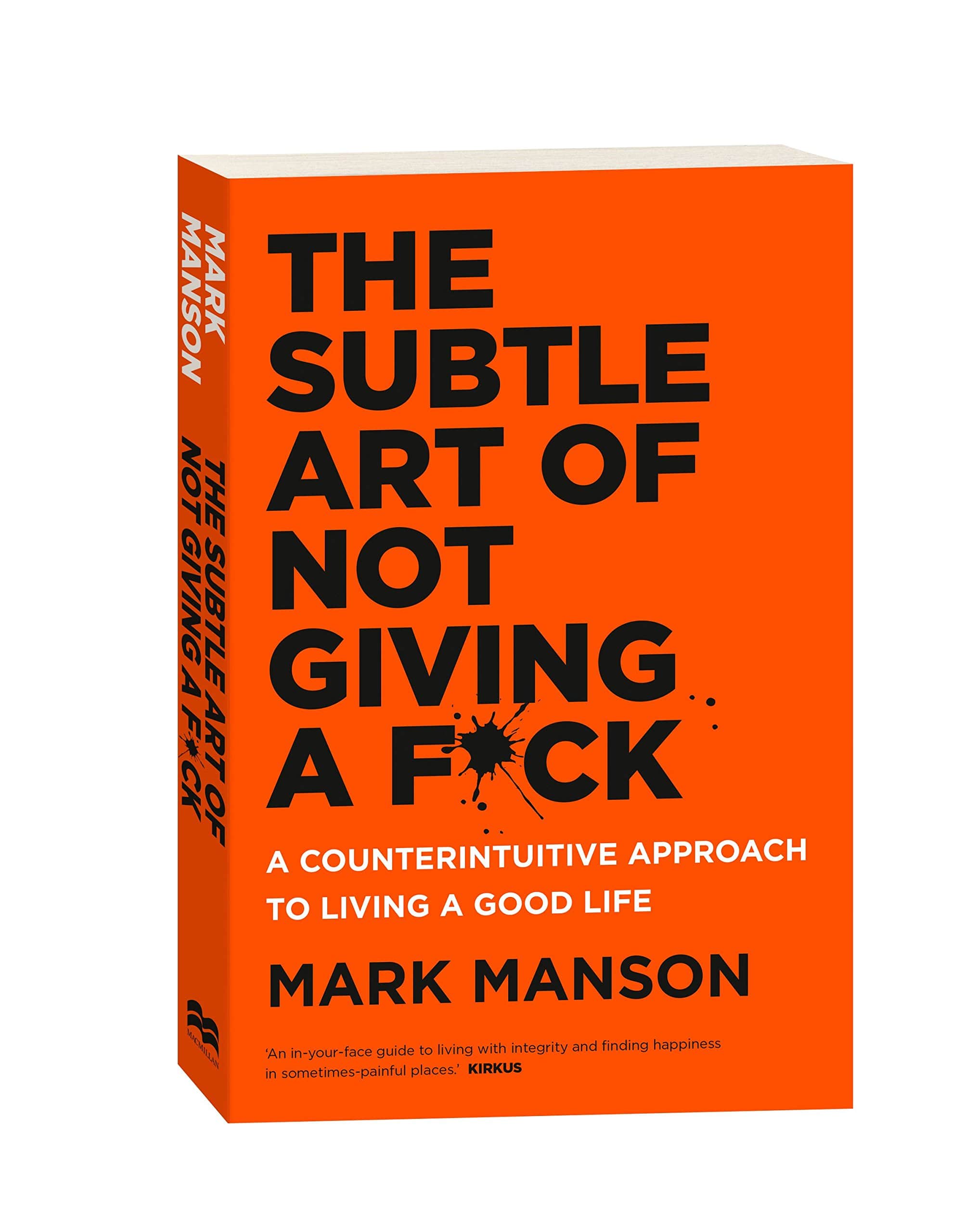
“Certainty is the enemy of growth.”
MARK MANSON
—
